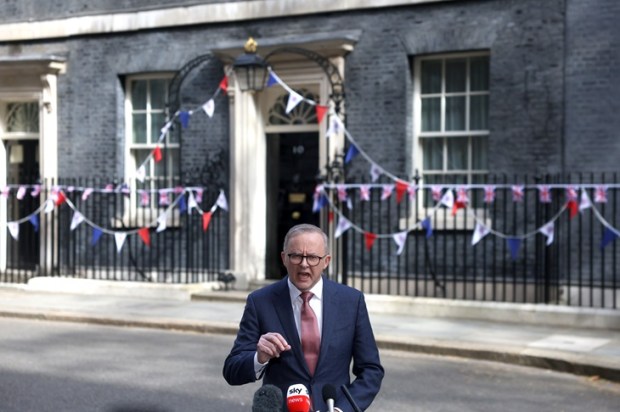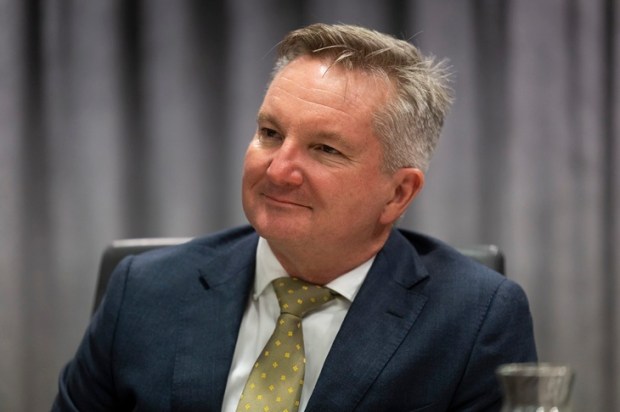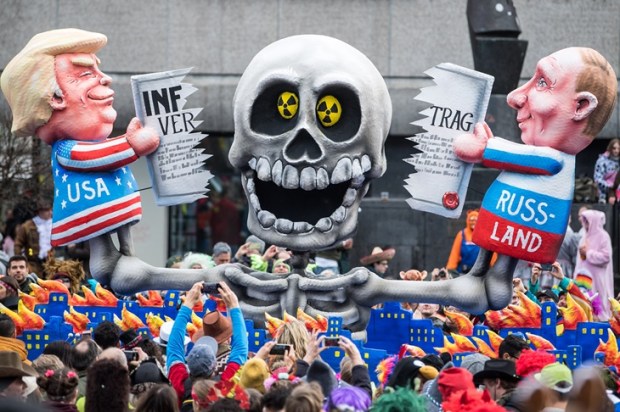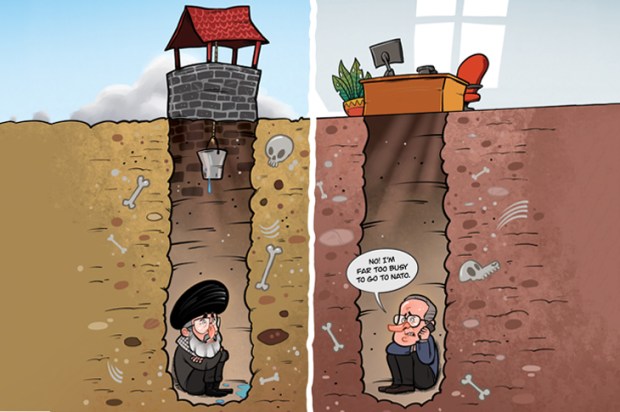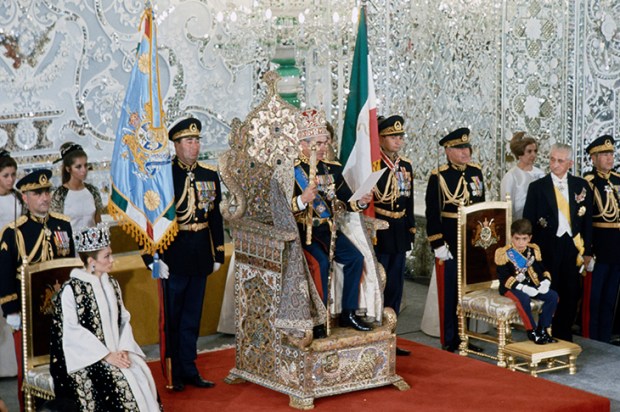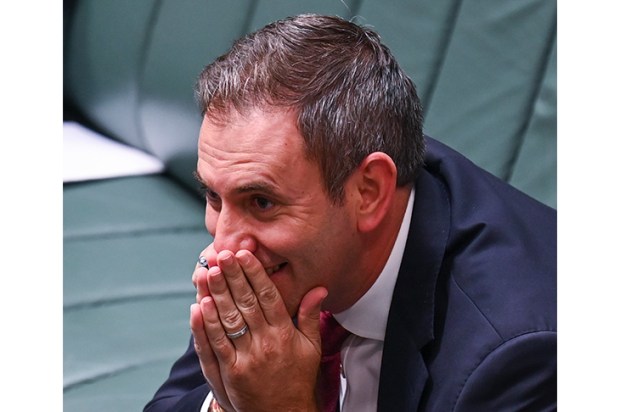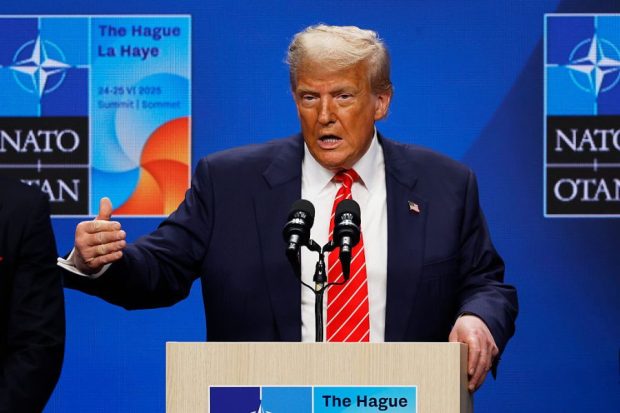We’ve long accepted that modern warfare isn’t solely fought with tanks and missiles, but Australia is only recently waking up to the uncomfortable reality that money itself has become a weapon – and right now, we’re dangerously under-prepared to fight back.
Financial warfare – sanctions, asset freezes, cyberattacks on banks, capital market sabotage, and coercive trade restrictions – is no longer the stuff of US Treasury press releases or spy novels. It’s real, it’s here, and Australia is increasingly in the crosshairs.
Just ask our wine producers, lobster exporters, and barley farmers who are caught in the crossfire of China’s informal trade embargo. Or consider some of our key infrastructure. If Beijing decided to twist the economic knife during a Taiwan Strait crisis, how many strategic assets on Australian soil would be in their hands, not ours?
Despite being a globally integrated financial power, Australia lacks a dedicated institution to fight and win in this domain. Our regulators – AUSTRAC, APRA, the RBA – are strong but siloed. Our cyber defences are improving but reactive. And our strategic posture? Still trapped somewhere between free-market purism and geopolitical naïveté.
It’s time to get serious.
Australia needs a Financial Statecraft Command – a unit embedded in national security architecture, focused squarely on protecting and projecting Australia’s interests in the financial and economic domain. Think of it as a Treasury-Defence hybrid: where spreadsheets meet strategy, and where sanctions, cyber, investment screening, and counter-coercion planning are fused into one mission.
This isn’t about weaponising the economy recklessly – it’s about ensuring others can’t weaponise it against us.
Why now? Because the battlefield is already shifting
We don’t just export coal and iron ore – we export geopolitical leverage. Australia is sitting on vast reserves of critical minerals – lithium, rare earths, cobalt – that the global economy needs to power electric vehicles, defence systems, and green technologies. In an age of techno-nationalism and supply chain wars, those rocks in the ground are national security assets.
And yet, much of our extraction and processing capacity is dependent on foreign capital, often from strategic competitors. If we don’t control our mineral advantage, someone else will.
The same applies to our vast superannuation sector which is now over $3.7 trillion, at least. That’s not just retirement savings; it’s sovereign economic firepower. In the hands of coordinated statecraft, that capital could be a tool for national development and global leverage. But left unmanaged, it’s just a juicy target for activist funds, foreign rating agencies, or predatory ESG agendas.
Indeed, financial coercion doesn’t only come from Beijing. The next attack may come from a global institution punishing Australia for daring to open a new gas field or refusing to submit to arbitrary climate quotas. We’ve seen how ESG frameworks can become political weapons masquerading as neutral principles. Sovereignty isn’t just about tanks on borders anymore – it’s about control over your own balance sheet.
The digital frontier
Then there’s the looming risk of central bank digital currencies (CBDCs), including China’s digital yuan, which is already being piloted across Asia. These new forms of programmable money could one day be used to bypass SWIFT, avoid sanctions, and even trigger real-time financial disruptions. In a future where monetary systems are weaponised, Australia must be prepared – technologically and strategically.
We’re not alone. The US Treasury works hand-in-glove with its intelligence and defence communities on financial targeting. In fact, the Pentagon itself integrates financial warfare capabilities into its operational planning – recognising that economic and fiscal tools are no less potent than military ones. From sanctions enforcement to currency destabilisation strategies, finance is now part of the Pentagon’s warfighting doctrine.
The UK has integrated economic deterrence into its National Security Strategy. Even Japan is creating safeguards for its payment systems and commodities exposure.
Australia, as part of the Five Eyes alliance, already shares world-class financial intelligence with its closest partners, but we contribute too little strategy and too much data. We need to shape policy, not just pass information. A Financial Statecraft Unit would give us the ability to not just react – but to lead.
What needs to happen?
- Establish a Financial Statecraft Command housed within the Department of Prime Minister and Cabinet, coordinating with Treasury, Defence, DFAT, Home Affairs, and ASD Australian Signals Directorate. This unit should eventually evolve into an operational command with capabilities similar to the US model, where financial warfare is embedded in defence planning, not treated as an afterthought.
- Treat critical minerals as strategic assets, not just exports. This means enforcing ownership rules, processing locally, and aligning supply chains with allies.
- Guard our superannuation capital from hostile foreign influence and ideological weaponisation. It should serve the national interest, not external agendas.
- Prepare for digital finance conflict – including defending against cyberattacks on payment systems, and shaping standards for secure, sovereign digital currency infrastructure.
- Use finance as leverage, not liability. Whether it’s targeted sanctions, investment screening, or trade rebalancing, we must learn to apply economic pressure where it counts – especially in grey-zone conflicts where the first shots aren’t fired, but wired.
Time to act
Australia has sent diggers overseas to defend its sovereignty for over a century. Today, that sovereignty is threatened again – only now, it’s in bond markets, not battlefields. It’s in the terms of trade, not trenches. And it’s in how we defend our economy from becoming a hostage in someone else’s game.
The world has changed. Power now flows through ports, currencies, rare earths, and super funds. We can’t afford to play catch-up in a war we didn’t declare.
The spreadsheet is now a battlefield. Let’s fight like it.


